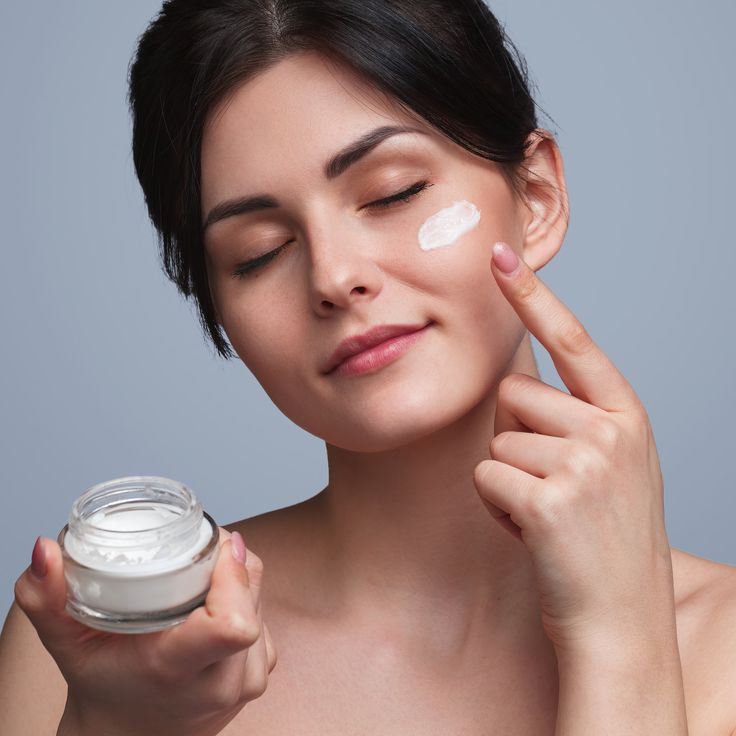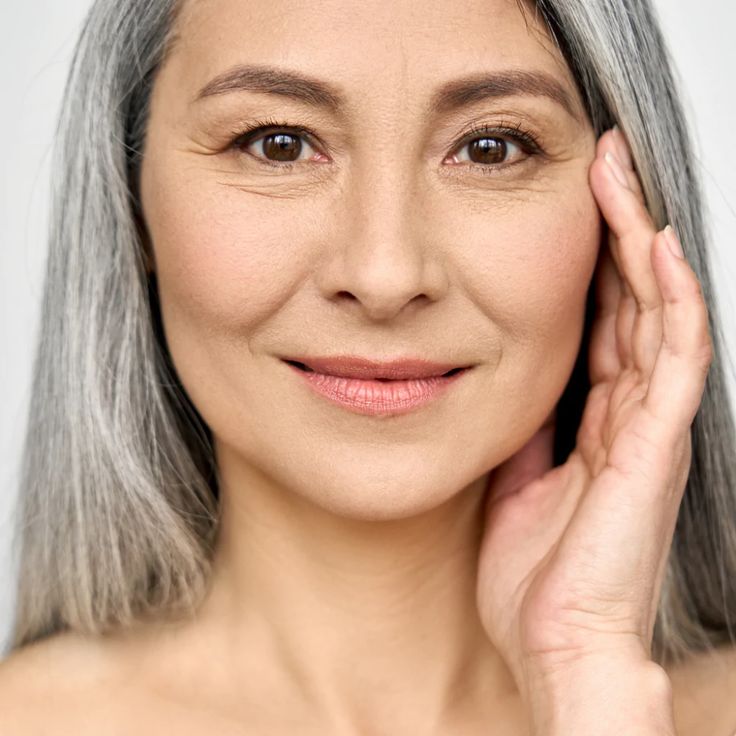
Evidence-Based Skincare For Aging, Imagine it like this: Late forty-year-old friends Sarah and Emily are Emily grumbles about fine wrinkles and dullness, whereas Sarah looks vivid, her skin gleaming with health. The secret of Sarah is what? It’s not the latest Hollywood beauty fad or an expensive face cream. Instead, it’s a mix of smart skincare, healthy lifestyle choices, and a little bit of science-backed wisdom. TThe good news is that you don’t need a PhD in biology to understand the secrets of aging gracefully; just a few daily habits can make all the difference. You don’t need a PhD in biology to unlock the secrets of aging gracefully, just a few daily habits that make all the difference.
Though it is unavoidable, our aging is mostly under our influence. Though science has offered us doable, evidence-based strategies to slow down the process and preserve our skin (and bodies) for longer, there is no magic bullet to stop time. Beyond the marketing, let’s explore the actual, scientifically supported techniques to maintain healthy and radiant skin.
If you do only one thing for your skin, apply sunscreen.
The sun causes up to 80% of the outward indicators of aging, such as wrinkles, black patches, and loss of elasticity.
UV light breaks down collagen and causes inflammation that accelerates aging.
Based on science, here is a tip: Every day, even indoors or under clouds, use a broad-spectrum sunscreen with SPF 30 or higher.
Regular sunscreen application greatly slows down skin aging and lowers skin cancer risk, according to studies.
Pro tip: For comprehensive protection without aggravating delicate skin, search for mineral-based sunscreens like zinc oxide or titanium dioxide.
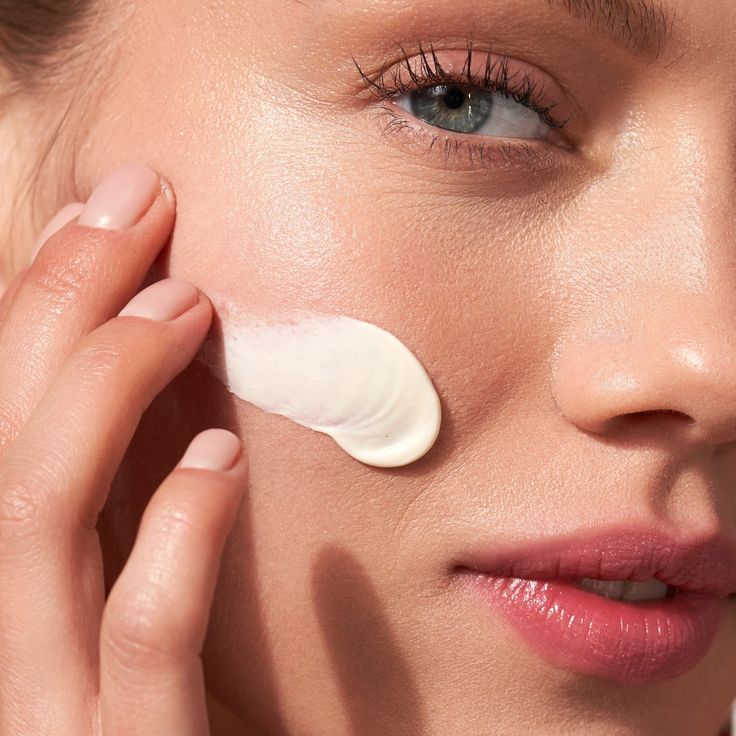
Premature aging results from unstable chemicals called free radicals damaging skin cells. Vitamins C, E, and niacinamide counteract these damaging chemicals, therefore lowering oxidative stress and encouraging a young glow.
Advice supported by science: Before applying sunscreen in the morning, use a vitamin C serum. Apart from battling free radicals, vitamin C increases collagen and improves complexion. Studies reveal that mixing ferulic acid with vitamin C and vitamin E improves their potency.
Tip of advice: Store vitamin C serums to stop oxidation and keep potency in a dark, cool environment.
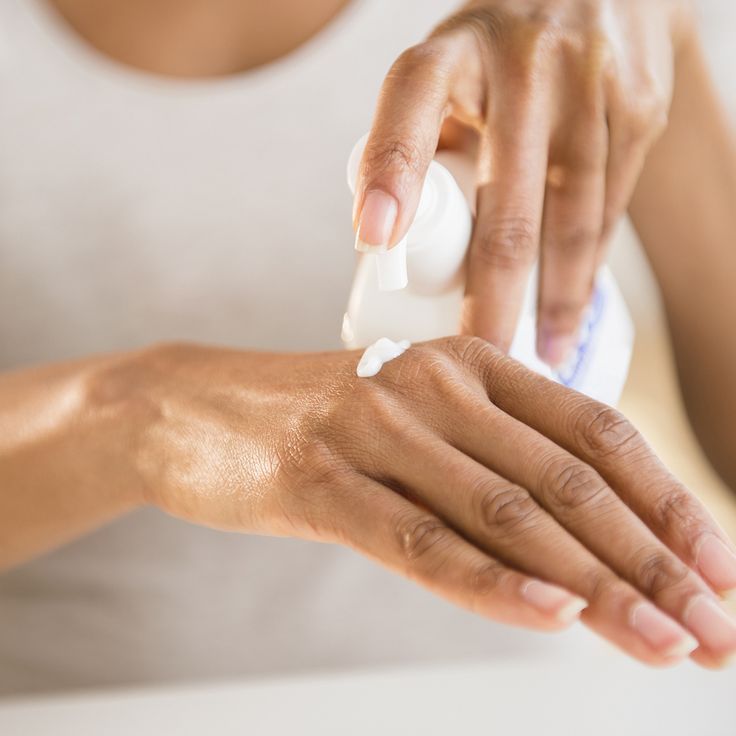
Evidence-Based Skincare For Aging, Retinoids are your evening fighters if sunscreen is your day hero.
Retinoids like retinol and tretinoin, derived from vitamin A, increase collagen formation, speed cell turnover, and lessen the look of fine lines and wrinkles.
Advice supported by science: If your skin responds, start with an over-the-counter retinol and progressively go up to prescription-strength tretinoin.
Retinoids dramatically enhance skin texture and firmness over time, according to a study written up in the Journal of Investigative Dermatology.
Pro tip: Use retinoids at night; always couple them with sunscreen during the day since they increase the sensitivity of your skin to UV damage.
Dehydrated skin loses suppleness, amplifies fine wrinkles, and looks lifeless. One of the easiest yet most powerful anti-aging techniques is maintaining good skin hydration.
Tip supported by science: Look for occlusives like ceramides and squalane, which seal in hydration; humectants like glycerin and hyaluronic acid bring moisture into the skin.
Studies of well-moisturized skin reveal that it ages more slowly and preserves a stronger barrier function.
Pro tip: While your skin is still wet, apply your moisturizer to lock in hydration.

Evidence-Based Skincare For Aging, Your skin reflects the contents of your plate. A diet rich in lean proteins, good fats, and antioxidants aids in skin healing and combats aging from within.
Suggestion supported by science: Emphasize foods high in omega-3 fatty acids (salmon, walnuts), antioxidants (berries, dark chocolate), and nutrients that build collagen (bone broth, leafy greens). Studies point to slower skin aging connected with a Mediterranean diet heavy in polyphenols and healthy fats.
One tip: Cut processed meals and sugar; more sugar causes glycation, a process that accelerates aging by breaking down collagen.
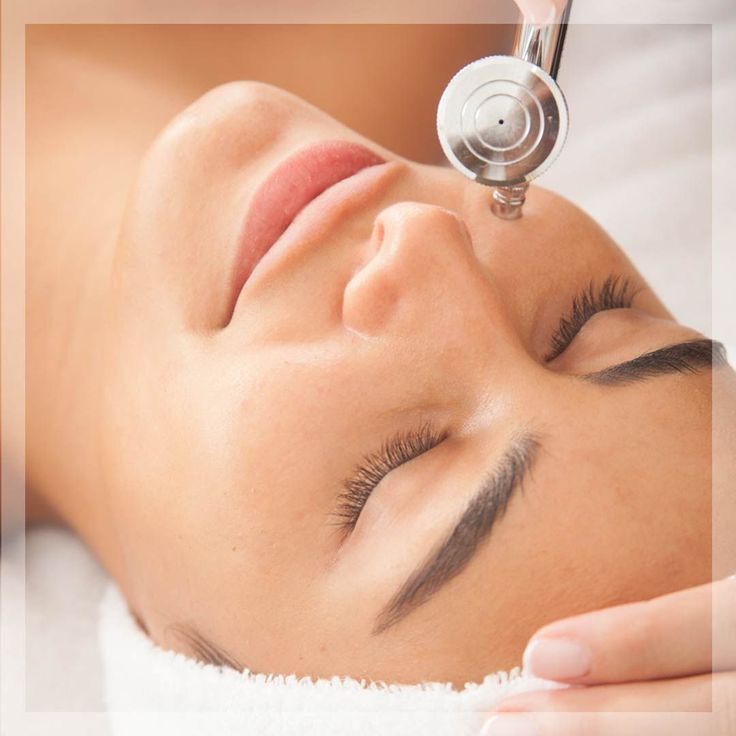
Sleep is when your body heals itself and generates growth hormones that boost cellular turnover and collagen synthesis.
Long-term sleep deprivation speeds up aging, resulting in dark circles, fine wrinkles, and poor skin.
Scientifically supported advice: Try for 7 to 9 hours of nightly quality sleep.
Poor sleepers showed greater indicators of intrinsic aging, including small wrinkles and uneven pigmentation, according to a study in Clinical and Experimental Dermatology.
Pro tip: To cut friction and stop sleep creases on your skin, sleep on a silk pillowcase.
Evidence-Based Skincare For Aging, Frequent exercise improves blood flow, therefore supplying nutrients and oxygen to skin cells. It also helps control stress, increases collagen synthesis, and lessens inflammation, a sometimes neglected factor causing early aging.
Science has established anti-aging effects through a combination of yoga, strength training, and cardio. Even age-related skin thinning can be reversed, according to one study, with endurance training.
Pro tip: Wash your skin after an exercise to eliminate perspiration and bacteria that could block pores.

Rising cortisol levels are brought on by chronic stress, which breakdown collagen and generate inflammation. Conditions including acne, eczema, and early wrinkles also have links to stress.
Science-backed advice: Studies have shown that techniques like meditation, deep breathing, and spending time in nature can lower cortisol levels and improve skin health.
Pro tip: A basic 5-minute daily thank-you ritual can help reduce stress and boost general wellness.
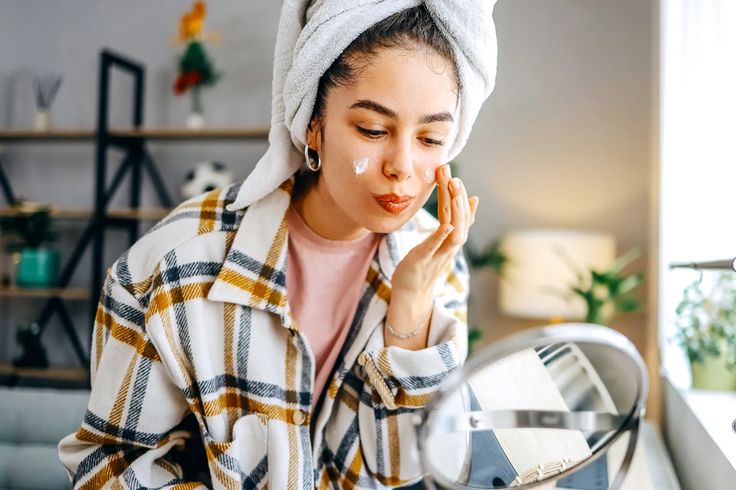
More items does not always translate into better outcomes. Too many active components overloading your skin could cause irritation and damage the skin barrier.
Tips supported by science: Stick to the basics: a mild cleanser, sunscreen, a decent moisturizer, and focused treatments (such as retinoids or antioxidants). Studies reveal that long-term, better skin results from a basic but efficient regimen.
Pro advice: One at a time, the introduction of new items will help you evaluate your skin reactions.
Good, young skin is not about following trends or shelling out for the most costly treatments. It’s about dependability, wise decisions, and a small amount of patience.
Emphasizing scientifically supported techniques, such as sun protection, hydration, a balanced diet, and stress management, you can age gracefully and maintain glowing skin for years to come.
Therefore, the next time you come across an anti-aging wonder pill promising to remove wrinkles overnight, stand back and keep in mind: daily behaviors you develop are the true secret to lifetime. And that is a truth supported by science—worth funding!
